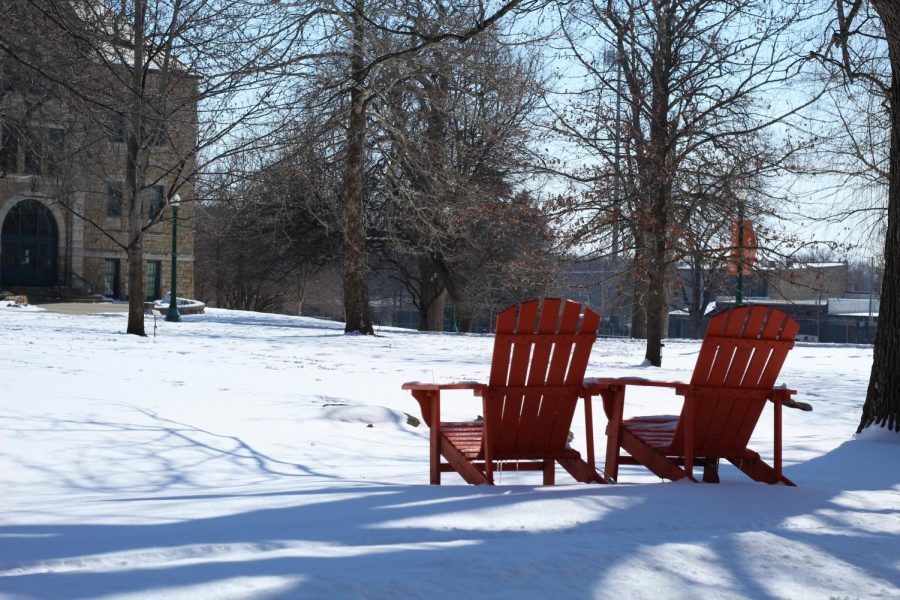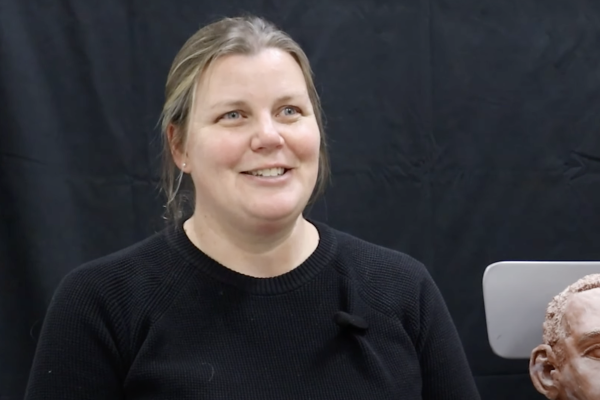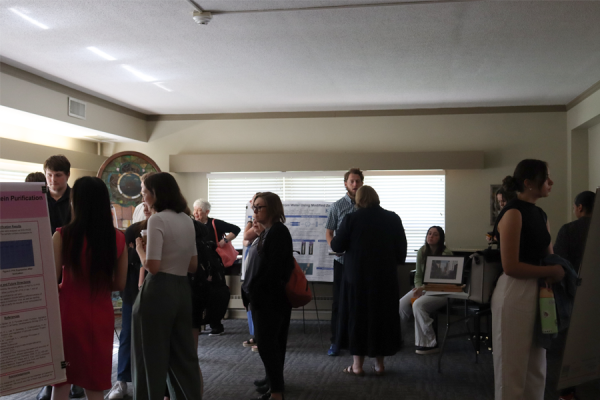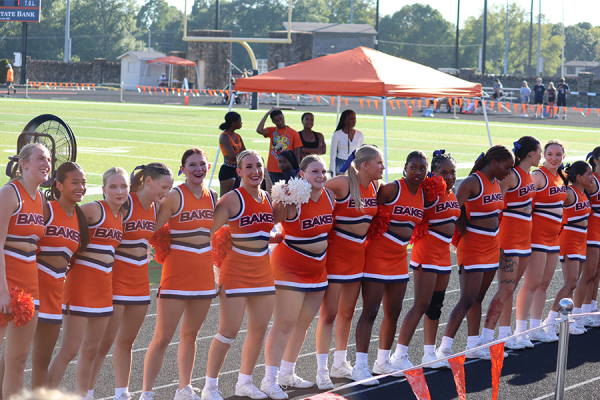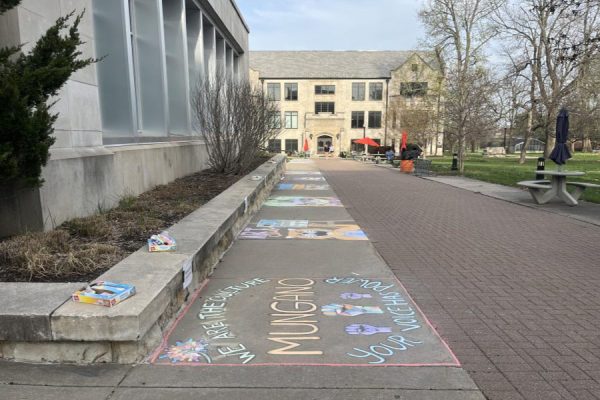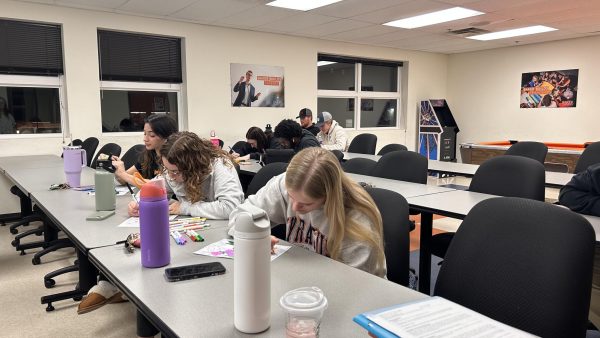Student Senate passes resolution to address inclement weather policies
On Monday Feb. 15, a resolution was passed by Student Senate in response to the campus being open with unprecedented cold weather. According to the BakerU alert, it was up to each individual faculty member to decide whether to have class in-person or online.
The resolution, which was passed during an impromptu Student Senate meeting, stated that “all students should be kept safe, when possible, from heath risks, i.e. exposure to frigid temperatures similar to the way students have been protected from COVID-19.”
The resolution resolved that Baker create an official policy regarding weather contingency plans and make the policy accessible on the Baker University website.
Student Senate wants the policy to have benchmarks including that all faculty should utilize online learning platforms in the case of severe weather and that students, faculty and staff are not required to travel in hazardous conditions. Student Senate also speculated that they wish to work with administration on developing the policy.
According to the current campus closure policy under weather conditions, the campus will be closed after the vice president for academic affairs and the associate vice president of capital planning, facilities and emergency management work together to assess the weather risk.
Mason Mecke, freshmen class president, believed that the resolution was necessary to provide transparency to weather cancellations made by the university.
“The decision to go remote, stay in-person or cancel class should not be made sporadically by staff members; the guidelines should be clearly laid out on the University’s website, so everyone can be on the same page,” Mecke said.
Current Vice President for Academic Affairs Marcus Childress explained some factors in the decision to keep campus open on Feb. 15.
“While some disciplines can be easily moved to an online/virtual format, doing this in other disciplines can be more challenging, especially in those classes that involve hands-on labs and performances,” Childress said. “Weighing all the factors, we gave faculty the option to move to a virtual format or to continue with in-person classes on Monday.”
Members of Student Senate, however, also passed the resolution to ensure student safety during hazardous weather.
“Students should be protected from the cold just as they should be protected from the coronavirus,” Mecke said.
Another member of Student Senate who helped pass the resolution was Sophomore Class President Carson Moore. Moore also agreed that student safety should be a priority in determining campus closures.
“The University showed us that snow, ice and wind chills south of -20 degrees are arbitrary factors in student safety which should absolutely not be the case,” Moore said. “We know Baker University values its students as a close community and family, so it is simply paramount that we receive transparency from the university on how dangerous in-person class days can be avoided in the future.”
Since Zoom is now widely used throughout the university, considerations were also given to whether classes were moved to an online format or cancelled. Issues with technology and WiFi, along with inadequate access to technology were concerns for the organization.
“While remote learning is now a viable option, power outages can occur from excessive use of electricity. Living in Baldwin City, we know how easily basic utilities can just stop working,” Mecke said. “Thus, the option for a snow day is a great way to solve all these issues. Baker University should have specific guidelines on their website describing what weather would cause a transition to remote learning or the cancellation of classes.”
Childress believes that moving classes to Zoom is more beneficial to the university than class cancellations.
“Being able to move to Zoom and remote instruction not only helps us guarantee that students receive the appropriate number of hours of high-quality, direct faculty instruction, but it also assures continuity of classes in an interactive format,” Childress said.
As for issues with the Internet and technology, Childress stated that all faculty members have a Zoom Pro account and have relatively new laptops to use. For people who have issues with connectivity or lack of technology, Childress said students and faculty should contact Baker IT for help.
In response to the resolution, Childress spoke with Student Senate leaders on Monday Feb. 22.
“From that meeting, we agreed to work together to examine, revise and fine-tune our current weather-related procedures for canceling classes and/or campus closures. I look forward to including the voice of our students in the process,” Childress said.
As for the role of Student Senate, Moore wants students to bring concerns they have regarding university policy to the attention of the group.
“We want to create real change that can have a direct positive impact on the day-to-day lives of students,” Moore said.

Jamie Pellikaan is a senior majoring in History and Religious Studies with minors in Mass Media, Primary Texts and Creative Writing. She is the current...


